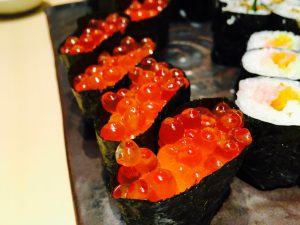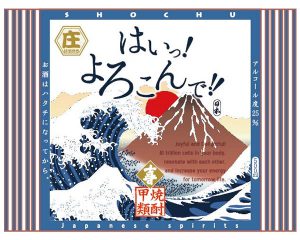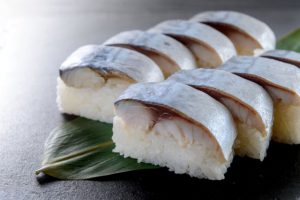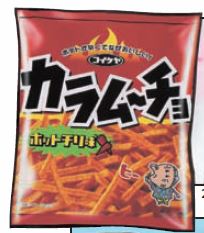Tempura and Its History in Japan: It Is Actually an Import!
Typical Japanese Cuisine Tempura Is Actually an Import! Recently, there has been an increase in overseas interest in Japanese culture. Not to mention new Japanese culture such as Anime and Manga, interest has also been focused on Japanese cuisine. Along with sushi, tempura is popular overseas as typical Japanese cuisine. The History of Tempura But […]
What are Japanese-style employment practices?
Lifetime Employment: Japanese Style Management Systems Are Still Alive The collapse of Lehman Brothers in September 2008, like falling off a cliff, plunged the world into a seemingly bottomless pit of economic slowdown. In his first post-inaugural press conference President Obama said, “Japan was unable to mobilize quickly during the 1990s and thus experienced the […]
ikura, one of the most popular sushi items
Ikura, a Staple Sushi Item, Has Its Origins in Russia Referred to as the “Jewel of the Sea,” ikura (salmon roe) appeals to us with its ruby luster and “popping” sensation when eaten. Because ikura is a popular sushi item, it is natural that a lot of people think that ikura originated in Japan. Ikura […]
Suntory Natural Mineral Water History
Karamucho Suntory Natural Mineral Water If you want to make sake or other beverages that lots of people will enjoy, good quality water is indispensable. Knowing full well of the importance of good quality water, Suntory is fastidious when it comes to water. With its corporate message of Bringing Water to Life, Suntory has searched […]
What is "nikujaga"? Japan's typical mama's dish
Nikujaga Born from Heihachiro Togo’s Half-Remembered Recipe History of Nikujaga Together with miso soup, Nikujaga (meat and potatoes) is always counted among the tastes of Mom's home cooking. Representative of home cooking, Nikujaga is a national dish that is included nearly always in the menus of folksy restaurants, bars, and company cafeterias. With its slightly […]
What is yorokonde in Japanese?
yorokonde! (よろこんで!喜んで!) “Yorokonde” is an adverb meaning "delighted", so "delightedly" is a close word. But it is often used colloquially. If you ask me, I’ll be pleased to help you. “Pleased to help you” means “yorokonde tetsudaimasu.” You can reply by saying, “hai yorokonde.” It means “yes with pleasure.” Will you dance with me? Hai […]
Orientation for Job-seekers in Japan
Shukatsu (就活)Orientation for Job-seekers Members of recent years’ graduating class enjoyed a seller’s market for jobs. This year, too, they don’t have to encounter an "Ice Age," but “Warm Age.” Many corporations planning to hire new graduates hold mass orientation sessions. Students, who are sending out applications, form a long queue, which is sort of […]
What is battera? ばってら バッテラ
What is Battera (バッテラ、ばってら)? Although Born In Osaka, Why Does バッテラ ばってら Battera Have a Portuguese Name? (Usually written in katakana バッテラ as it is derived from a foreign language.) Low in calories and good for one's health, "sushi" is currently undergoing a world boom. When foreign actors who come to Japan to promote their movies […]
Koikeya's Karamucho
Karamucho Koikeya's Karamucho With its success as Japan's first mass producer of potato chips and its position as a comprehensive maker of snack foods, Koikeya put on sale in 1984 the popular snack Karamucho. At the start, however, their boasted spicy hot flavor was not accepted initially making it difficult to market. So, let's take […]
Mochi and Its History in Japan
Mochi(餅 もち)and Its History in Japan The Roots of Mochi Are in Rice Balls When you hear the word mochi, you probably have the image of sticky rice cake made by pounding steamed rice with a pestle in a mortar, where the pounded rice is pulled into small pieces and rolled into balls. However, this […]










